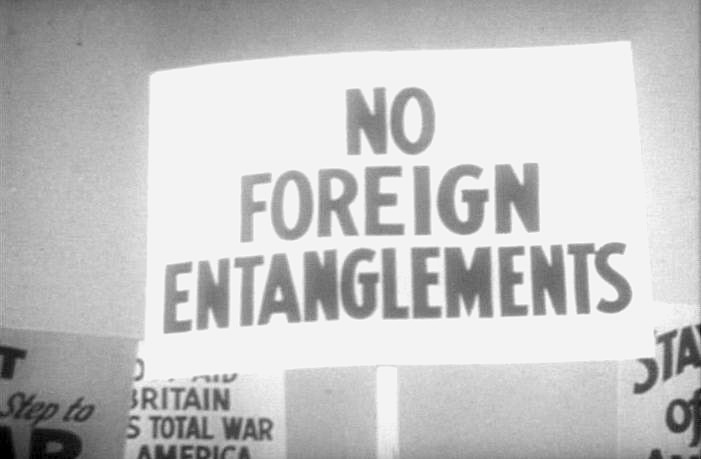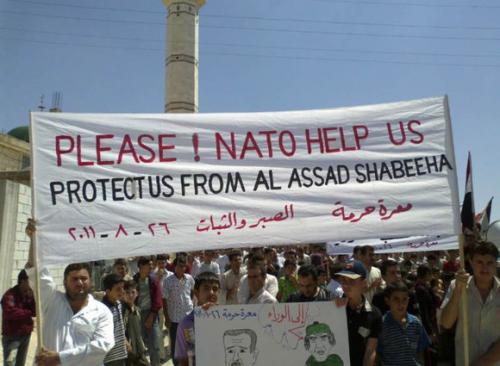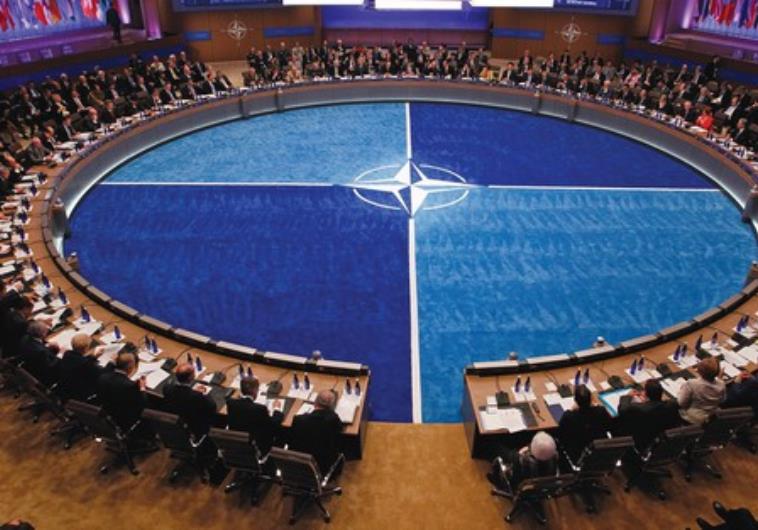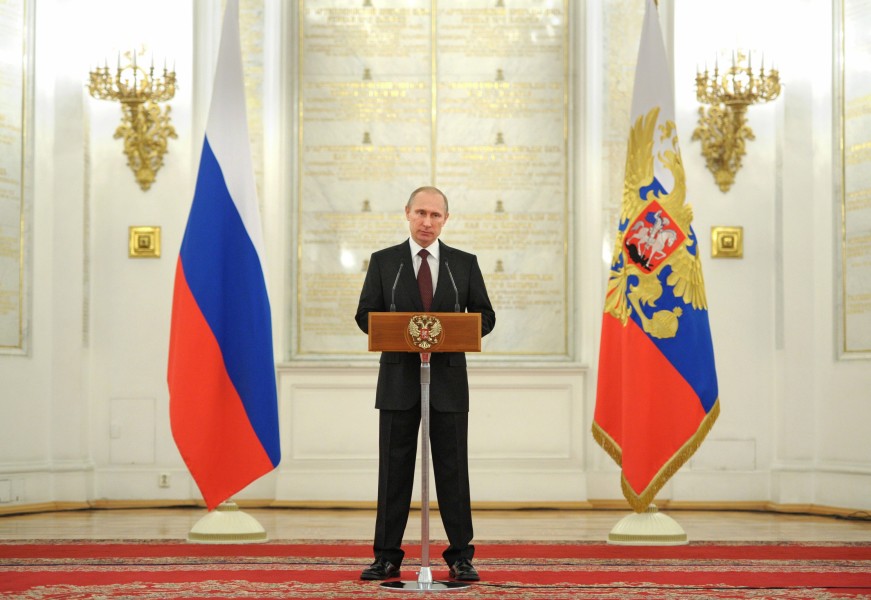It seems that the US government still assumes that the international, or world, system is operating within the conditions of the 20th century. Both liberals and conservatives in the US constantly refer to the 1960s and 1980s as the golden years for the American foreign policy. This inability to adapt a grand strategy to America’s needs has led to foreign policy blunders. Robert Kagan, of the Brookings Institution, effectively captured the current dysfunction in US foreign policy when he stated: “Our [US] failure to understand how quickly order collapses into chaos.” There is no greater example of this than Russian military activism across the globe and the rise of the Islamic State of Iraq and Syria (ISIS).
One theatre of overt Russian military aggression is of course Eastern Ukraine. The crisis in Ukraine was once again highlighted in international media, when a Dutch investigation team confirmed a Russian made Buk missile brought MH17 down in July 2014. The incident resulted in the death of all 298 passengers. The reality that Russia was able to supply the separatists with such equipment is cause for concern.
The implication of the MH17 tragedy is far reaching. In the weeks before the incident NATO Secretary General Anders Fogh Rasmussen had presented a classified document titled “Hybrid Warfare.” It discussed whether the military activities of forces in Eastern Ukraine were a case for the Western military alliance and whether attacks by separatists could trigger the application of NATO’s mutual defense clause, eventually concluding that it was too alarmist. President Putin has been able to support such separatist movements with military personnel and hardware, because NATO has been unable to come to a uniform and coherent response to Russian aggression.
Furthermore, the Obama administration is still pursuing the idea that the UN can bring about a solution to the current crisis in Ukraine. However, this seems unlikely while Russia still has its veto power. Malaysia recently introduced a Security Council resolution, which aimed to enforce accountability for the downing of MH17. Not surprisingly the Russian Federation used their veto to block the resolution. The Security Council reflects the geopolitical realities of 1945 and not of today, this has been demonstrated during the crisis in Ukraine, but also in the escalating Syrian crisis.
The Russian military has begun to bomb various ISIS bases in Syria, in an attempt to prop up the waning Assad regime. This is not the first example of unilateral action by the Putin regime in Russia. “In February 2012, an American bid to broker a democratic transition in Syria with a UN resolution was vetoed by Russia.” Russia once again demonstrated its willingness to manipulate international institutions and agreements to serve its perceived foreign interests. The US administration believes that a current solution to the Syria crisis can be found through traditional means, such as a Security Council Resolution.
In contrast, Russia has realized and correctly so, that the international system has changed from the 20th century, and that it can bring about a new order in the Middle East. Earlier this month, the Saudi Defense Minister Mohammed bin Salman visited Russian President Vladimir Putin at his Black Sea estate in Sochi. The Saudi Defence Minister is not the only foreign dignitary to visit President Putin recently. Qassem Suleimani, the head of Iran’s feared elite Quds force, travelled to Moscow to discuss a coordinated military effort in Syria.
These various meetings have allowed Putin to forge an informal alliance between Iraq, Iran and Syria against ISIS. Russia agreed to an intelligence-sharing agreement with the three countries, which allows the partners to coordinate military efforts in the region. This agreement demonstrates how the US is being boxed out of the Middle East. Iraq’s military Joint Operations Command negotiated this intelligence-sharing arrangement without even giving notice to its US-partners. The administration in the US has not yet realized that the international system is rapidly changing in both the Middle East and Eastern Europe.
The advent of ISIS is in direct response to the degradation of the Sykes-Picot Agreement of the early 20th century. This agreement was a secret negotiation between the British and French in May 1916 to decide how the Middle East would be divided up after WWI. After ISIS captured Mosul it declared that it was ‘smashing the Skyes-Picot border’. Pax Americana, the post-1945 international order, is collapsing in the Middle East and around the world. As Robert Kagan said the US needs to be able to adapt to a more chaotic and uncertain world.
There are a few courses of action the US government can pursue. One is the strengthening of its military and diplomatic assets. The US needs to maintain its military edge and persistent diplomatic engagement to demonstrate an awareness of the world it occupies. Secondly, the US should enforce compliance with existing international agreement and strengthen the ability of institutions to monitor compliance. Finally, the US needs to pursue the Russian policy of creating effective short-term arrangements to handle immediate challenges. If the US does not come up with innovative foreign policy solutions it will continue to be ineffective at solving global crises.
The US cannot pursue its current course of inaction. “By refusing to directly counter or confront Russia, Washington is seen as steadily ceding vital ground.” These counter-moves do not have to be solely military focused, but the US needs to re-examine foreign policy initiatives to ensure they better align with the changing international system of the 21st Century.




